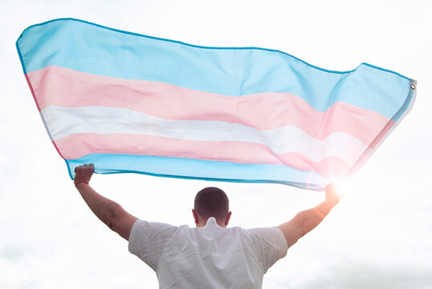Understanding the Emotional Landscape: Trans Patients and Gender-Specific Wards in Hospitals
EDI is something most companies feel confident they have covered, but how do you support this in daily life and public places.
The decision surrounding the treatment of trans individuals in gender-specific hospital wards is deeply sensitive and personal. Everyone deserves to feel safe, understood, and respected, especially in environments as vulnerable as hospitals.
Let’s gently unravel both sides of this heartfelt debate.
Reasons to Support Restricting Trans Patients from Gender-Specific Wards:
- Safety & Comfort for All: Advocates for this perspective genuinely worry about ensuring a safe and comfortable space for all patients. They believe that distinct boundaries can sometimes offer a sense of security and predictability in an otherwise stressful hospital stay.
- Guarding Against Potential Misuse: There are concerns, albeit rare, that certain individuals might exploit lenient policies for wrong reasons, thus potentially jeopardising the intended safe environment.
- Honouring Cultural and Religious Sensitivities: England’s rich tapestry of cultures and beliefs means that some may hold deep-seated views on gender. It’s important to approach these feelings with understanding, even as we navigate how best to respect them in shared public spaces.
- Navigational Ease: From a heartfelt desire to avoid confusion and discomfort, some feel that clearly defined ward allocations may lessen the emotional burden on both staff and patients during already challenging times.
Reasons Against Restricting Trans Patients from Gender-Specific Wards:
- Affirming Trans Rights & Dignity: Everyone, irrespective of their gender identity, deserves to be treated with kindness, understanding, and respect. Critics of the restriction believe that everyone should be allowed to heal in spaces where they feel most recognised and at peace.
- Mental and Emotional Wellbeing: Hospitalisation is a vulnerable time. For our trans siblings, being singled out or placed differently can amplify feelings of isolation, which might impede emotional and physical healing.
- Consistency in Medical Care: The medical community recognises and supports individuals with gender dysphoria. In that spirit, many feel hospitals should also be spaces of affirmation and understanding.
- Championing Equality: At the heart of this viewpoint is a deep desire for a world where everyone, irrespective of their gender journey, feels equally seen, heard, and cared for.
In Conclusion:
Navigating the intersections of healthcare, identity, and feelings requires immense compassion. Every voice in this conversation carries a story, a hope, and a fear. As we move forward, let’s continue listening, learning, and seeking solutions that prioritise love and understanding.
If you need support or advice on how to introduce improved Equality, Diverse and Inclusive policies in your workplace, please get in touch via our contact page.


Recent Comments